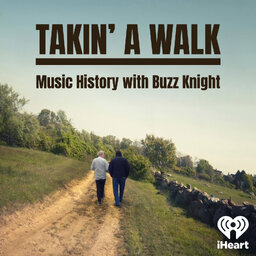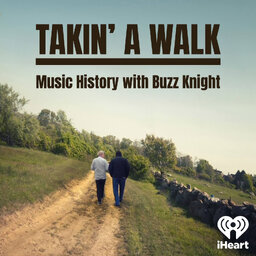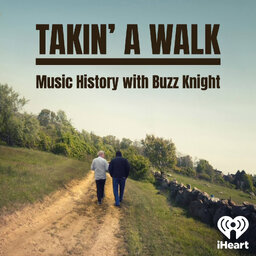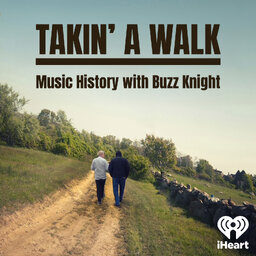Classic Replay with the amazing drummer Russ Kunkel-Rock and Roll Stories
Join @thebuzzknight for this classic podcast interview with drummer Russell Kunkel. A true legend in the music business, his influence is far reaching from his work with an amazing list of artists. They include Joni Mitchell, James Taylor, Jackson Browne, Bob Dylan, Stevie Nicks and many, many more. He is also part of the band The Immediate Family and is featured prominently in the documentary.
If you have questions or comments, write buzz@buzzknightmedia.com
Connect with Buzz on Twitter @TheBuzzKnight and Instagram @takinawalkpodcast.
Like this show? Share with your friends and leave us a review here. Review
#bestmusicpodcast #bestmusichistorypodcast
In 1 playlist(s)
Takin' A Walk - Music History with Buzz Knight
On the Takin’ A Walk-Music History Podcast, Buzz Knight goes deep with American music’s most iconic …Social links
Follow podcast
Recent clips

Join Buzz Knight and Peter Wolf on a Walk Through Music History, Personal Stories, and Legendary Artist Encounters-Replay-Best Music Podcast
40:31

Join Buzz Knight and C. J. Chenier as They Explore the Rich Legacy of Clifton Chenier and Zydeco Music
23:25

Kenny Wayne Shepherd-Music History on Foot with Buzz Knight Blues, Guitars and Inside Bob Dylan Stories-Replay
39:22
 Takin' A Walk - Music History with Buzz Knight
Takin' A Walk - Music History with Buzz Knight